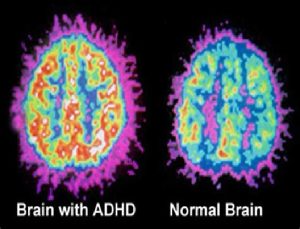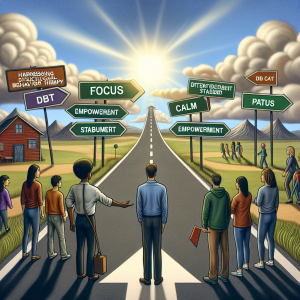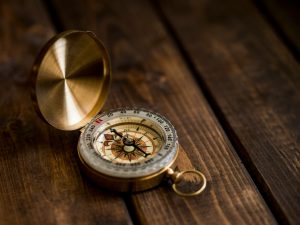 When I participate fully in an activity, my psyche undergoes a very healing reintegration. I’ve mentioned in an older post that I am an expert at compartmentalization and that I struggle with being one-mindful because of this. When I participate, I not only become very skilled at being one-mindful, I also feel emotionally balanced. We all need to find hobbies or activities that we can enjoy doing and feel passionate about.
When I participate fully in an activity, my psyche undergoes a very healing reintegration. I’ve mentioned in an older post that I am an expert at compartmentalization and that I struggle with being one-mindful because of this. When I participate, I not only become very skilled at being one-mindful, I also feel emotionally balanced. We all need to find hobbies or activities that we can enjoy doing and feel passionate about.
My therapist explained to me that when we are dysregulated emotionally it is almost impossible to think about our interests and about who we are as individuals. Without DBT skills and left to fend for ourselves, it is very rare to have moments when we do not feel dysregulated. This makes sense if we think about how emotionally dysregulated people have a distorted sense of identity. When we start to use our DBT skills, we become less dysregulated, which enables us to think about who we are, our interests, etc.
What is the etymology of the word identity? Identity comes from the Latin idem, which means “same”. The word identity, then, means that which is identical or the same (it’s pretty straightforward, no?) Now identity can mean sameness, but it can also mean difference. Why? Because my identity, what makes me me, is what makes me distinct from others.
It can be hard for a teenager to know things like her/his likes and dislikes, because she is developing her identity, her personality or selfhood. As a teenager, I was like this, and becoming an adult only made it worst. I felt like I was in a permanent identity crisis.
After a year and a half of DBT, I can safely say that I am mostly regulated. I haven’t had an episode of maladaptive behaviours in months. My improvement means that I now have to face myself and my decisions. Recently, I’ve wondered about what makes me me and how I’m going to make my mark on the world. Here is a list of things that I’ve been doing to use my participation skills:
- Oil painting
- Visiting museums
- Volunteering
- Seeing a show (opera, theatre, musical, etc.)
- Playing my guitar (I love to sing and play, even though I’m not skilled. This is not a judgment, this is a fact! HA!)
- Writing
- Watching Youtube videos (yes, I can admit it)
- Conversation with friends
- Having dinner with my husband
It helps me to make lists like this, because I can think about what I tend to enjoy doing. It is also important that my interests are varied, ranging from higher interests like painting to lower ones like watching Youtube videos. It is clear that I love all forms of art and teaching. My favorite thing in the world is to see someone’s face when they realize that they’ve learned something fascinating, especially in a child or teenager.
I would suggest that you try to make a list like this, even if you have never studied DBT. Do ten minutes of meditation beforehand to reduce your emotional levels (try and clear your thoughts, use deep breathing techniques and let go of judgments – you can find meditation videos on Youtube if you need some guidance). Start by making a list of things you like in general, like art or food, and find activities within those categories that you can try. If you don’t know what you like, throw yourself in activities that you have never experienced (participation also means being spontaneous, it doesn’t always have to be planned, like if I were to participate in a conversation during an office party). If you try new things, you will find yourself deciding what your likes and dislikes are fairly quickly.
Good luck!





